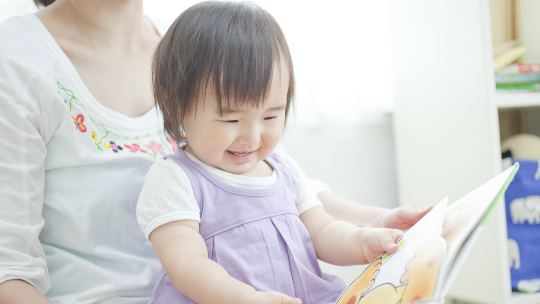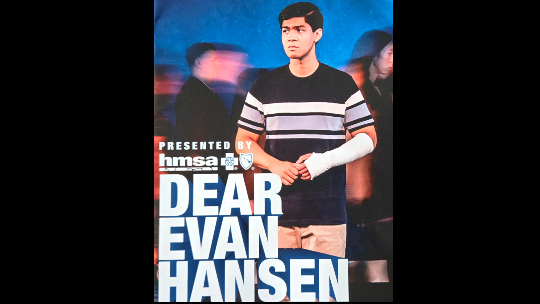Lisa Anderson and Neil Bryson met last year. She, a 40-year-old mother of four living in Honolulu. He, a 70-year-old Coast Guard contractor living in Maine. The first time they spoke on the phone, the conversation lasted four hours. They bonded immediately. Less than a month later, Anderson was on a plane to Maine. She was going to meet her father.
Different
Anderson grew up on Ebeye, part of the Marshall Islands. She liked wearing jeans and climbing trees. She was outspoken and immodest by Marshallese standards. She had big goals and aspirations beyond the islands. Her family called her “haole” because of her light skin.
Anderson was one of 12 children who had one mother but several fathers. Her mother was emotionally and physically abusive. She made Anderson feel unwelcome in their home. Masa Hirata, a Japanese-American man from Kailua, raised her with her mother.
“He was good to me. He treated me like his own flesh,” says Anderson. “I was his oldest. He relied on me, took me fishing. He spent time with me and I felt very special. He treated me more like a daughter than my mother did.”
But Anderson and Hirata didn’t look like family. Too pale-skinned to be Marshallese like her mother and clearly not Japanese, Anderson spent her life wondering where she fit in.
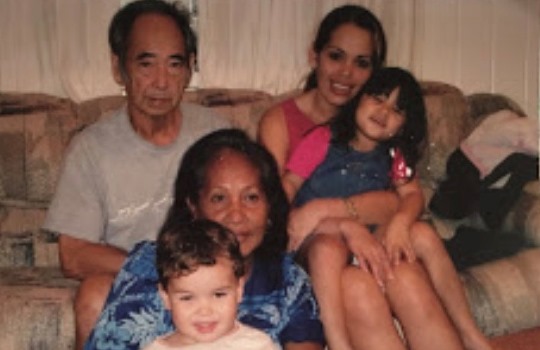
Denial
Nearly 20 years later, there was still something missing. She’d started a family of her own, but questions about her past haunted her. She remained resolute in her belief that Hirata was her father, even after he passed away in 2009.
Despite her childhood, Anderson took her mother into her O‘ahu home when she got sick in 2013. When she passed four years later, Anderson had regrets. “I wish that I had really talked to my mom,” she says. “I wish that I had let her know that I forgive her. I wish that I had asked her straight up questions about my father. But I don't know what it is; I just couldn't bring myself to ask her a lot of it.”
Anderson wanted answers. She craved closure and her husband knew it. When he saw a two-for-one deal on home DNA tests, he knew what he had to do. He told her that he’d bought the tests and she could take hers when she was ready. A few months later, she was.
Her results showed that in addition to being Polynesian and Filipino, she’s half Irish-Scottish. Her father was white.
[Please note that DNA testing is not a benefit of HMSA plans.]
Discovery
Neil Bryson loved being in the Coast Guard. He loved the travel and the adventure. He loved that his work was saving lives and not taking them. But the job wasn’t without sacrifice. His constant travel made maintaining a relationship impossible. In 1976, he separated from his wife. The following year, he had a relationship with a Marshallese woman while he was stationed on Ebeye.
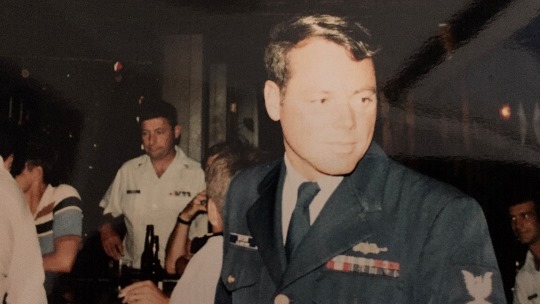
Neil Bryson in his Coast Guard uniform
In 2018, Bryson’s sister told him that he had a daughter. They’d both taken DNA tests and connected through an ancestry website. Bryson didn’t believe it at first. He was in shock. “When I finally realized that, ‘Oh, my goodness, this is my daughter,’ I called her and we were on the phone for several hours,” he says. “I wanted her to feel loved and to have a relationship with her and for her to not feel rejected.”
The feeling was mutual. Both father and daughter were nervous, but once they got talking, they realized that they have a lot in common, like their spontaneous personalities and an affinity for Stephen King movies. For Anderson, it was a fresh start. She could leave her past and her resentment behind. Within weeks, she booked a trip to meet Bryson.
Bryson thinks it was brave, but Anderson says she had to take the leap. “I needed to deal with it at that time because you never know what's going to happen tomorrow or four hours from now,” she says. “When you have the opportunity to do something great, you do it now.”
Anderson met aunts and half siblings and even her 96-year-old grandmother. The extended family loved her immediately. The mix of emotions Anderson feels is almost unbearable sometimes, but having her father in her life makes her feel like a child all over again.
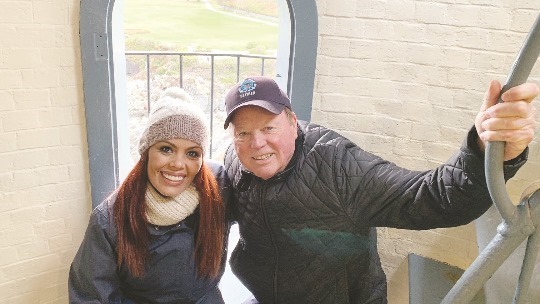
Lisa Anderson and Neil Bryson in Maine
Bryson agrees. “You think that you’ve got all that life is going to give you, the good things, and then something like this happens,” he says.
Most of all, Anderson wants people who are afraid to research their ancestry to know that it’s worth the risk. Connection to a loving family is invaluable to mental health. She says that even if your story doesn’t turn out like hers, at least you’ve learned something about yourself and where you come from.
“It doesn’t hurt to be courageous and take the chance,” she says. “That's what life is all about ̶ trying and taking a chance.”



